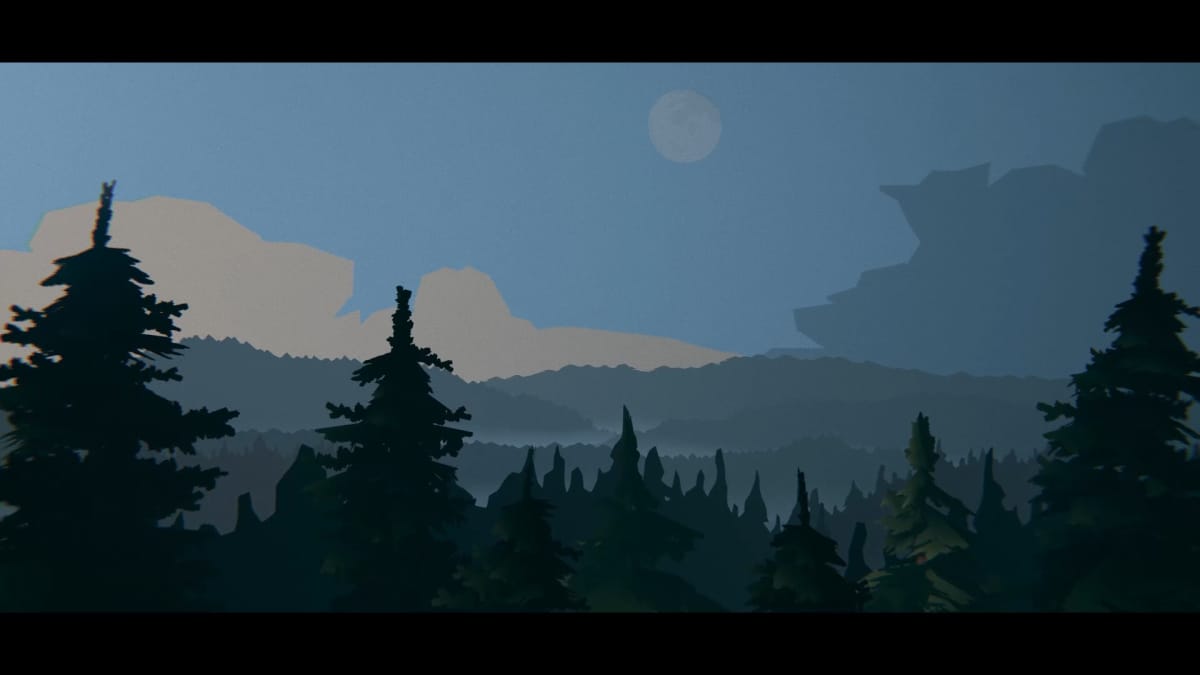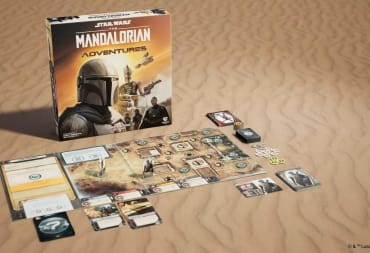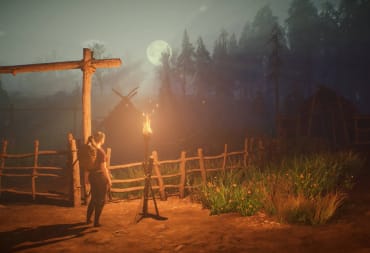The card battler genre has gone through so many meaningful changes over the last few years. Where Slay the Spire perfected a formula, the likes of Neurodeck and Ring of Pain took it in interesting new directions. Black Book takes a little of all the above, alongside a huge RPG and interesting world to make a gripping and interesting tale. Although it has its issues, it's too enthralling to not pay attention to.
Black Book is a Slavic-based card battler/RPG based on Bailichka, a story from Russian folklore depicting the meeting of spirits. You play the role of Vasilisa, a witch who has decided to fight back against her fate to live a normal life alongside a young man. Upon finding the man dead, you are tasked with hunting down the Black Book, an artifact that can lead to his resurrection. You must do so by traveling the countryside breaking 7 seals and solving issues that pop up.
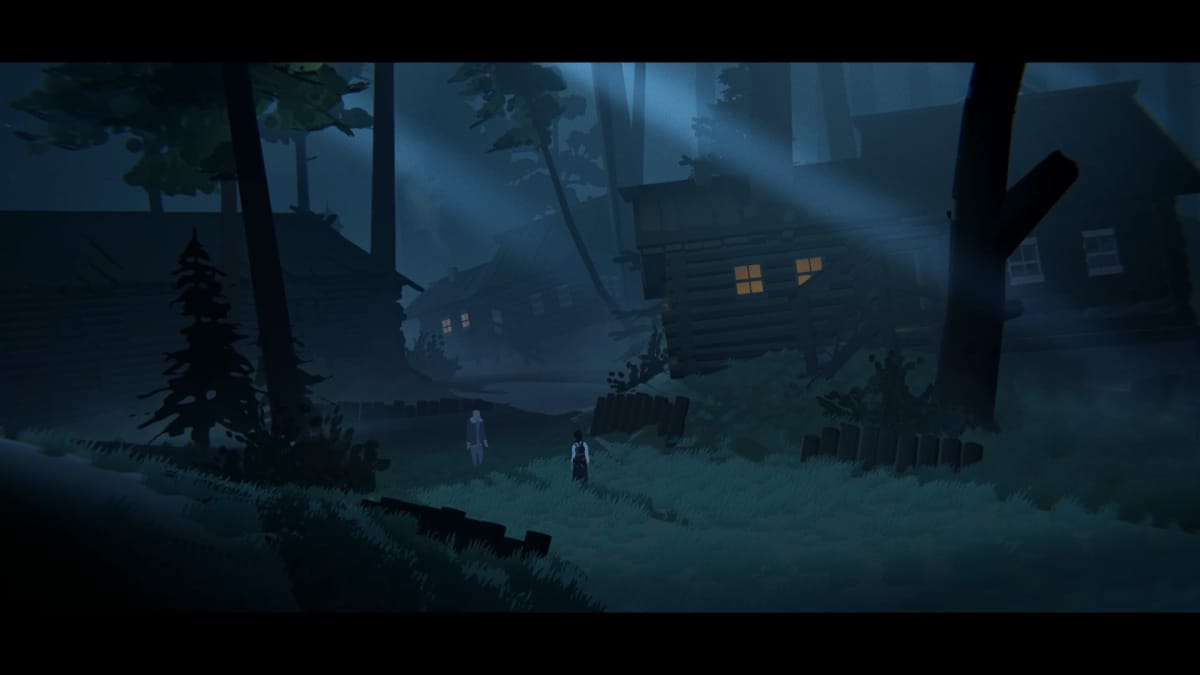
It plays with this narrative in an interesting way, having you solve many small issues and helping villagers. The key is you can decide how they end. It tallies up your morality in a sins system that can be viewed at any time. How evil or good you are shapes the narrative and even the moves you decide to use, so you have to choose carefully. You have this fundamental and crucial role over so many villagers' lives that it really builds to something rather special by the end. Looking back on all my decisions, it gives a certain warmness to the stories I made in my time with Black Book.
In Black Book, the lives and stories you insert yourself into are temporary. You flit in and out like a ghost, with nothing but a memory left. It encapsulates this loneliness well with often undefined visuals and solemn music. It captures some sense of being alone, paradoxically with companions and demons all around you. You represent the othered, a being trapped between two dimensions, narrowly outside of each so as to not fully fit in either.
There’s tragic existential loneliness to this that is only alleviated somewhat by your companions. Alongside your grandfather who keeps your house together, you occasionally have companions you earn from your quests. Generally some form of demon, you learn their stories and even have the opportunity to take part in a special quest to learn a little more about their past.
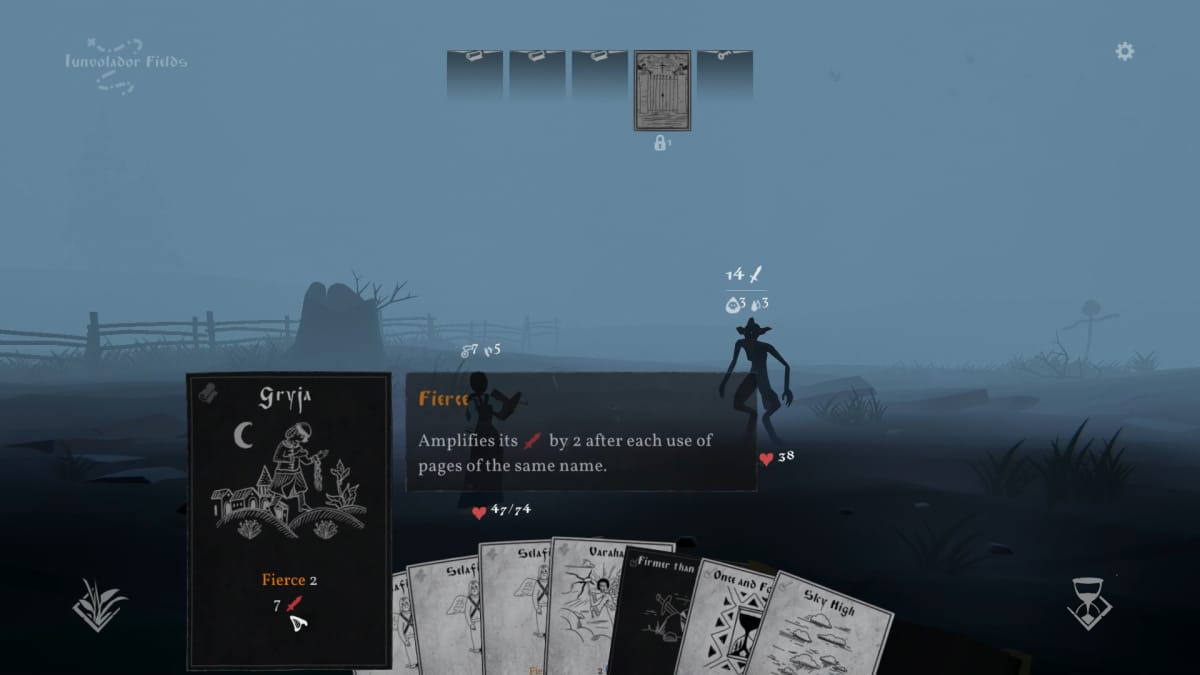
What Black Book does so wonderfully is bridge that gap between demons and you. It does this in a few central ways. You are stalked and put off by demons called chorts. If not assigned somewhere, they will make you do less damage, have less health and block less. The issue is that assigning them will often hurt or disadvantage villagers.
You have to choose between strength and your conscience, a decision all demons task you with. Like Vasilisa peeling back that demon exterior to find the story and person underneath, the game has this meta way of making you do the same with its Slavic lore. The game doesn't hold your hand with any of it but it does have an encyclopedia, explaining concepts and words. Playing Black Book, you feel like an anthropologist exploring a different world.
This dynamic is something Black Book plays with well. Its combat is that of a traditional card battler, but it gets more complex and tough as you progress. You get to know and understand all the game’s little concepts and nuances. Each turn, you may play a certain amount of cards, depending on skills and items. You can fill in your board and make decisions based on how your enemy will react. Every single battle has enough strategy to optimize but not enough to feel alienating or cruel. It regularly strikes a nice balance between the two.
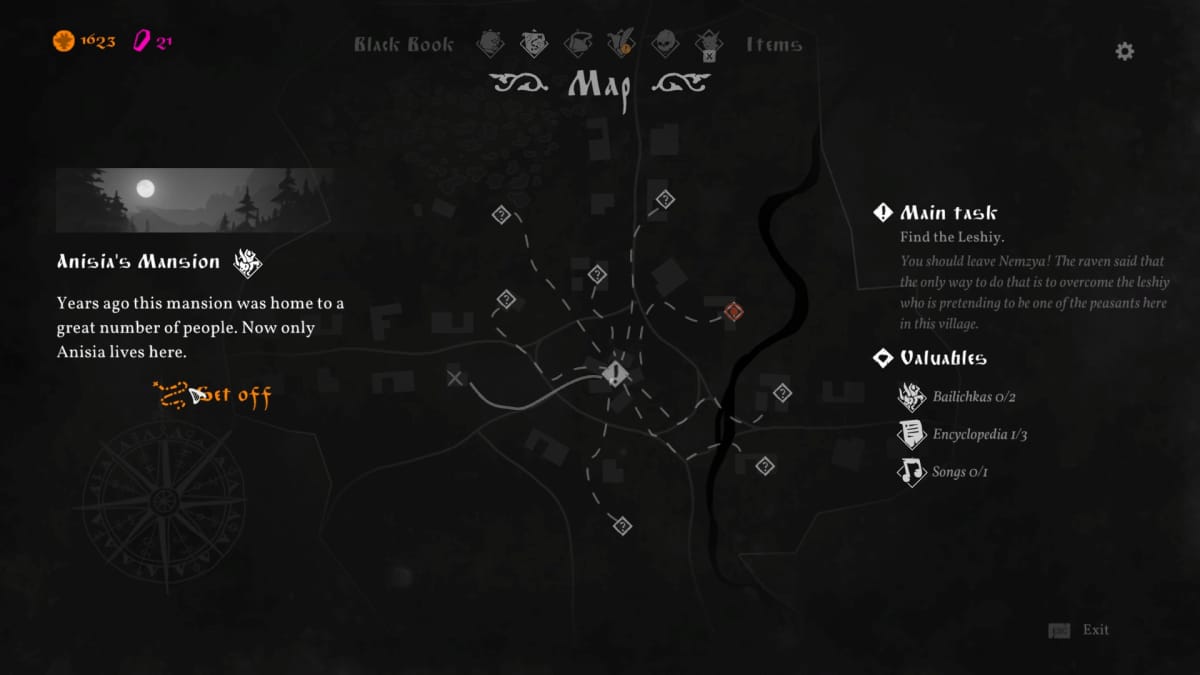
This balance is needed as there are many spinning plates to take care of. You have to worry about the immediate quest, solving puzzles and optimizing your gear, whilst also worrying about the conditions back home and the weight of your sins. You have to worry about solving a villager's problems while keeping yourself strong enough to fight.
Fighting is made interesting with each new seal as it unlocks more cards to add to your deck. You can have a max of 33 cards and, as you level up, you can unlock new ways of dealing with them, better stats and even more cards to use on each turn. There’s a definite progression to everything in Black Book, feeling much stronger by the time you hit credits. It keeps this progression in check with hard decisions and puzzle battles, combat that must be won in a certain order by using the right cards. It slows down your combat but often leaves you with a new way of seeing the game’s many systems.
Unfortunately, not all these checks and balances are quite as consistent. While the world-building and exploring afforded to you via quests is interesting, they very quickly start to feel hollow with repeated encounters and stale enemies. At around 15 hours, the game feels a bit longer than this due to prolonged periods of small quests with fairly little meaning. The gameplay and story made me want to binge Black Book but inconsistent pacing made me want to put it away.
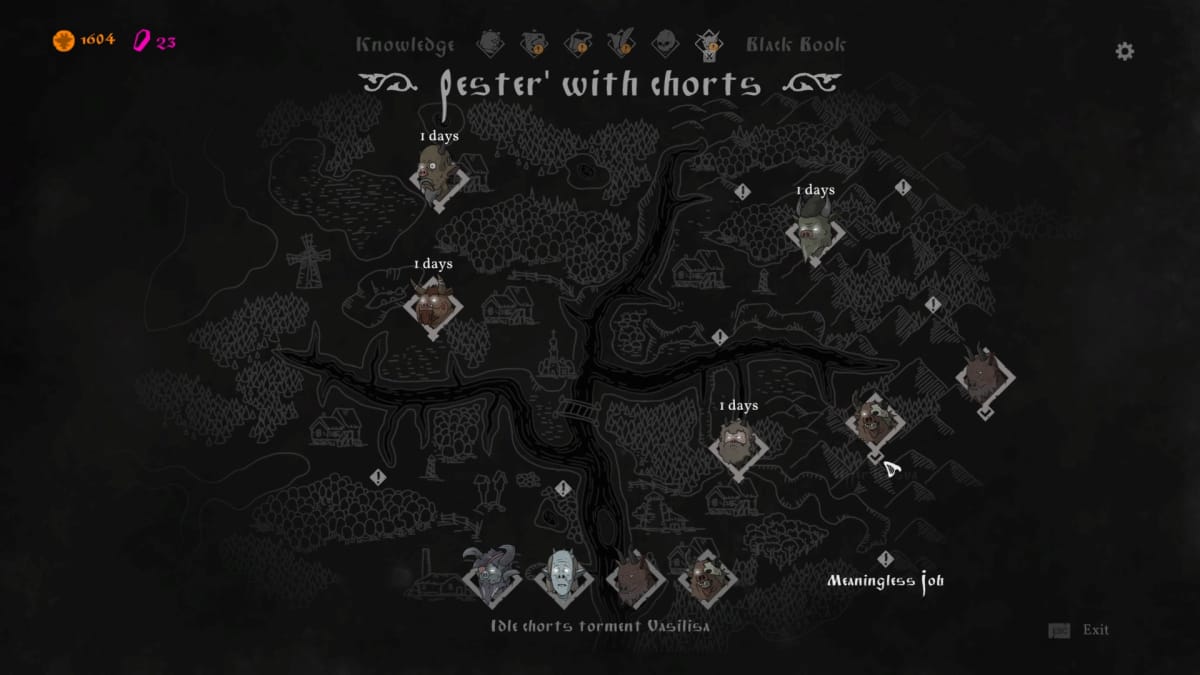
Black Book | Final Thoughts
Games based on Slavic lore are fairly rare these days. Games so willing to let you get a little lost in it are even rarer. Black Book’s own willingness to suck you in, so confident in itself, is perhaps one of the biggest selling points the game has, even if it meanders a little. Despite its flaws, its storytelling is intriguing, its gameplay is engaging and its many little systems give it depth 15 hours in. I loved the enthralling witch-like charm of Black Book, warts and all.
TechRaptor played Black Book on Steam using a copy provided by the publisher. The game is also available on PlayStation 4, Xbox One and Nintendo Switch
Review Summary
Pros
- Thoughtful Systems
- Great Lore and Story Telling
- Great Combat
- Very Addictive Gameplay Loop
Cons
- Inconsistent Pacing
- A Little Repetitive
Have a tip, or want to point out something we missed? Leave a Comment or e-mail us at tips@techraptor.net
